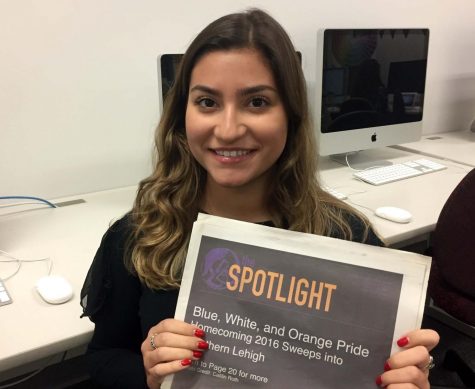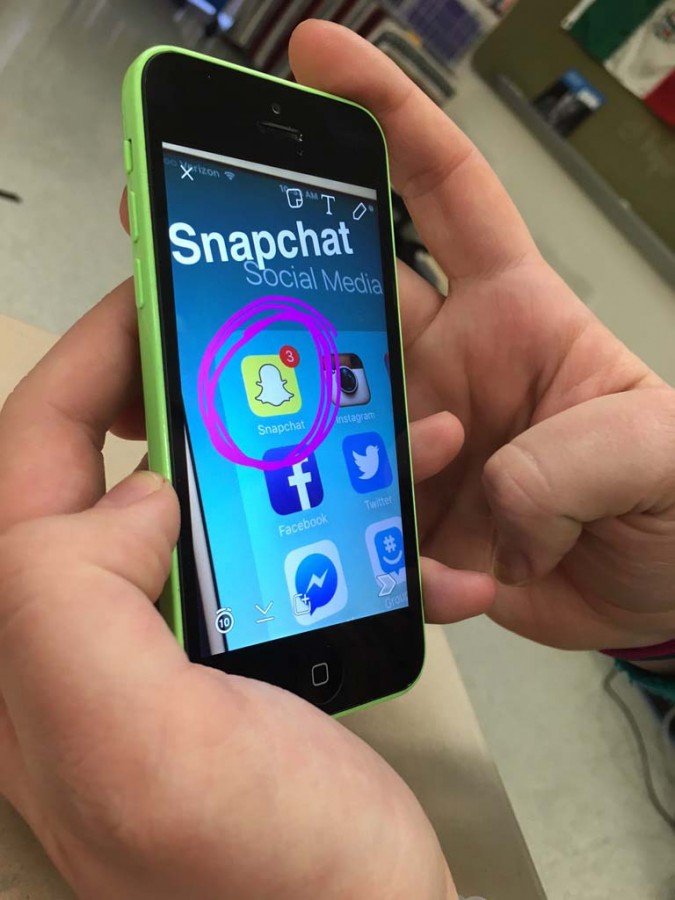Snapchat’s New Controversial Privacy Policy
On October 28, Snapchat released an update drastically revising its privacy policy, and according to some users, not necessarily for the better.
“You grant Snapchat a world-wide, perpetual, royalty-free, sublicensable, and transferable license to host, store, use, display, reproduce, modify, adapt, edit, publish, create derivative works from, publicly perform, broadcast, distribute, syndicate, promote, exhibit, and publicly display that content in any form and in any and all media or distribution methods,” the social networking application’s new Terms of Service say.
In simpler terms, Snapchat now has the power to do whatever they want with your disappearing photos and ten-second videos. Is this an immoral violation of privacy, or a completely valid authorization?
“I think it is [a violation of privacy] if you don’t read through their privacy policy,” senior Dominick Rubino said.
“If you’re agreeing to it, then it’s not a violation of privacy,” sophomore Jillian Gehring said. “It’s your own fault if you don’t read the terms and service and then get mad when you find out what you agreed to isn’t actually something you agree with.”
One of the reasons why Snapchat is so popular pertains to the nonpermanent nature of messages and “stories,” so the fact that the app can now save your snaps if they so desire and distribute them as they please causes some users to feel uneasy.
In reality, most people simply don’t have the patience or time to scroll through pages and pages of difficult-to-comprehend terminology, so they mindlessly click the “I agree” button and think nothing of it. However, other users have begun to feel distrustful towards applications and websites, some even going so far as to speculate that the terms and conditions and privacy policies aim to demand more from the user without their knowledge.
“If I was on a whole lot of social media, I would definitely take [the terms of service] into account,” principal Mrs. Christine Siegfried said. “When my personal stuff is involved, I’m usually pretty careful about reading it.”
Due to the commotion all over Twitter and other social media platforms, Snapchat issued a public blog post further clarifying the purpose of their new policy.
“It’s true that our Terms of Service grant us a broad license to use the content you create—a license that’s common to services like ours. We need that license when it comes to, for example, Snaps submitted to Live Stories, where we have to be able to show those Stories around the world—and even replay them or syndicate them (something we’ve said we could do in previous versions of our Terms and Privacy Policy),” the blog post stated.
So, maybe Snapchat isn’t really going to use your double-chin selfies and private conversations for advertisements after all.

Senior Sarah Trebicka is a four-year staff reporter and former two-year Our World editor, now serving as editor-in-chief for the Spotlight. In addition...


